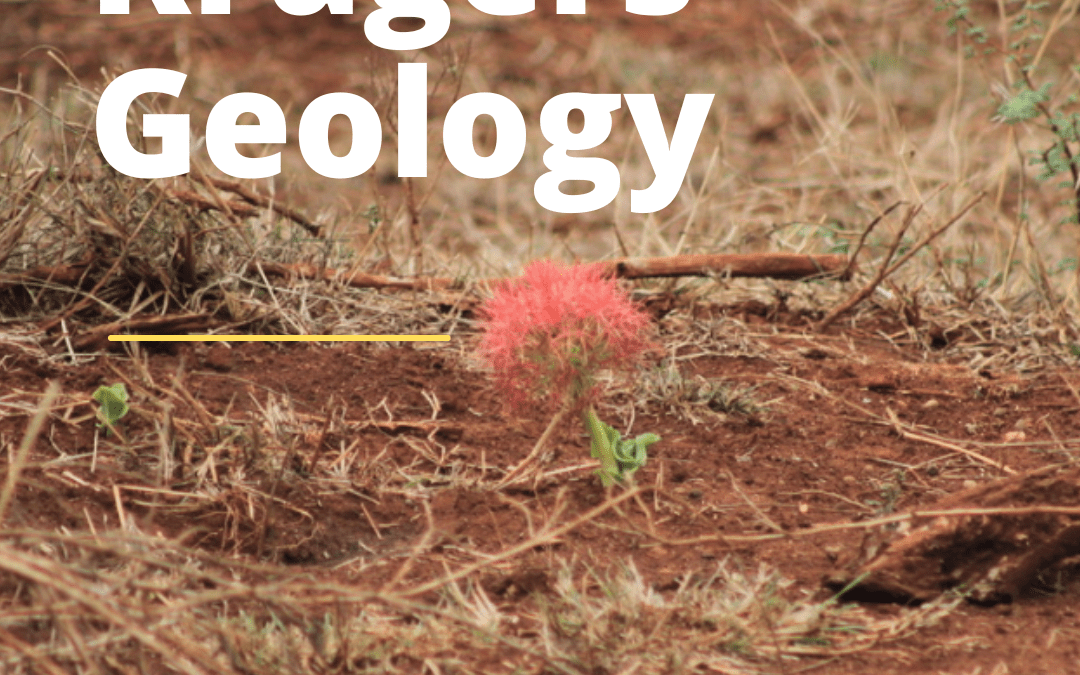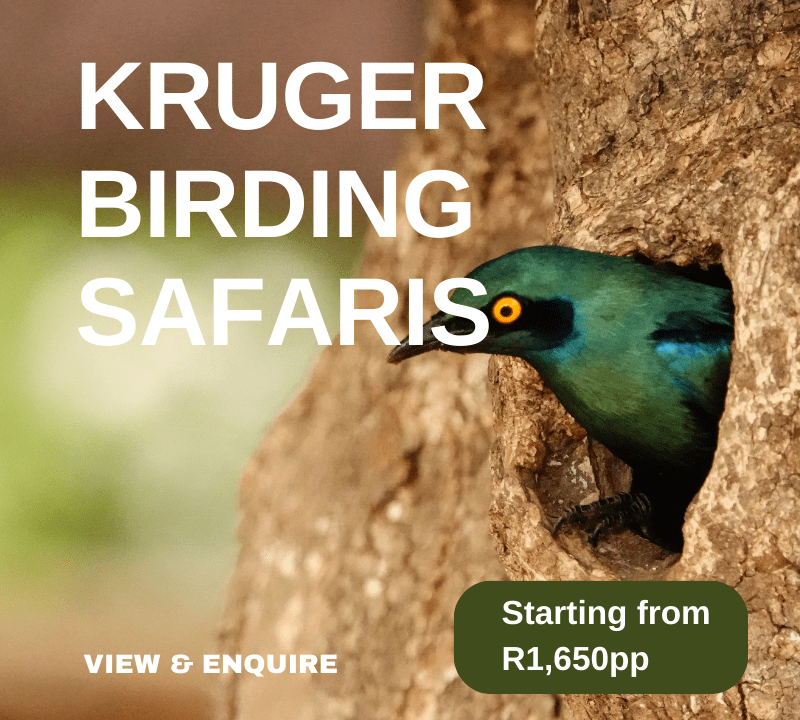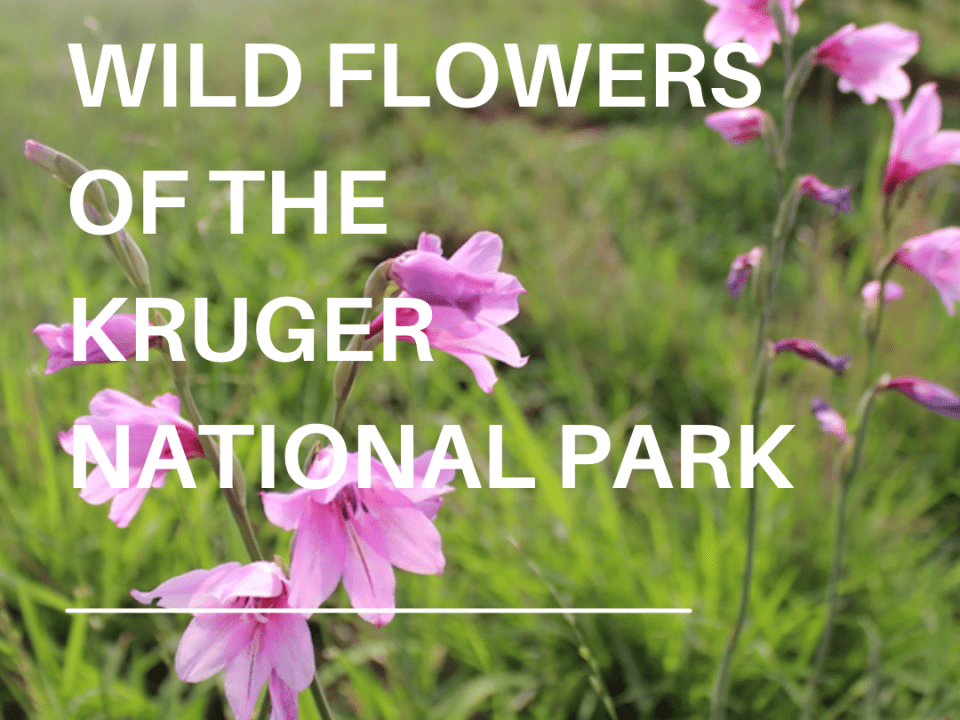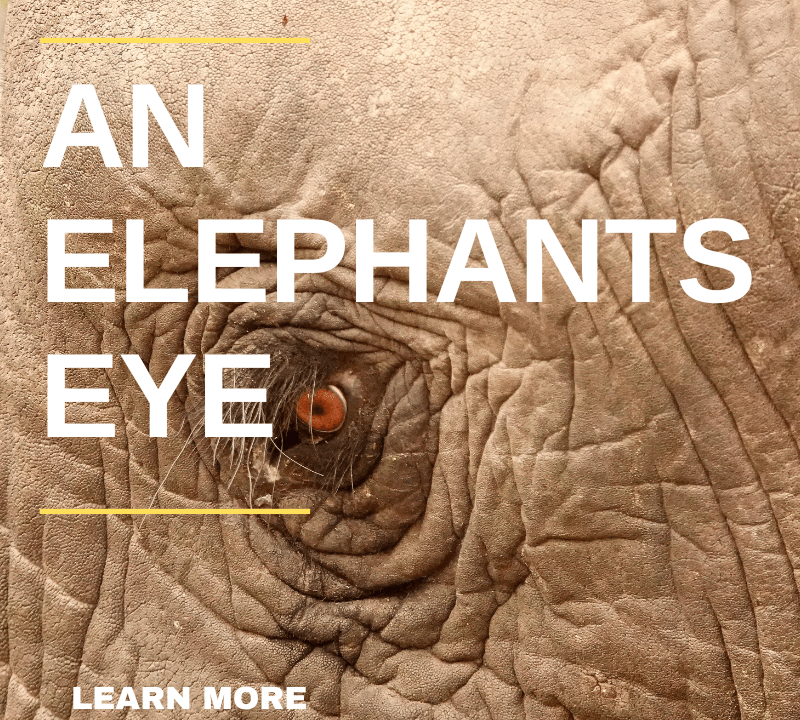
Geology of the Kruger National Park: A Comprehensive Overview
Abstract:
The Kruger National Park, located in northeastern South Africa, is renowned for its rich biodiversity. However, beneath its diverse flora and fauna lies a geological tapestry that has played a pivotal role in shaping the park’s landscape, hydrology, and ecosystems. This paper provides an in-depth exploration of the geological features, formations, and processes that have contributed to the unique geology of the Kruger National Park.
1. Introduction:
The Kruger National Park spans approximately 19,485 square kilometers, making it one of the largest game reserves in Africa. It is situated within the northeastern part of South Africa, bordering Mozambique to the east and Zimbabwe to the north. The park’s geological history is characterized by a complex interplay of ancient rock formations, tectonic events, and erosional processes that have shaped its present-day landscape.
2. Geological Formations:
- The Basement Complex:
- The oldest rocks in the Kruger National Park belong to the Basement Complex, which dates back over 3 billion years. This complex is primarily composed of metamorphic and igneous rocks, including granite and gneiss formations.
- The Transvaal Supergroup:
- Overlying the Basement Complex is the Transvaal Supergroup, a sedimentary succession that spans a considerable portion of southern Africa. It comprises a diverse range of rock types, including quartzites, shales, and dolomites. The Malmani Dolomite Formation, a significant unit within the Transvaal Supergroup, has a profound influence on the park’s hydrology and cave systems.
- The Bushveld Igneous Complex:
- This massive igneous intrusion, dated at approximately 2.06 billion years old, is one of the largest of its kind in the world. Comprising predominantly mafic and ultramafic rocks, including norites, gabbros, and chromitite layers, the Bushveld Igneous Complex has had a substantial impact on the topography and mineral resources of the region.
3. Tectonic Evolution:
The geological history of the Kruger National Park is closely tied to the tectonic events that have shaped southern Africa over millions of years. The collision and separation of continental plates, as well as the subsequent uplift and subsidence of the land, have played a pivotal role in the formation and deformation of rock units within the park.
4. Erosional Processes:
Erosion, driven by factors such as rainfall, river systems, and wind, has sculpted the topography of the Kruger National Park. The action of rivers, including the Limpopo and Sabie, has resulted in the formation of valleys, alluvial plains, and prominent river terraces.
5. Mineral Resources:
The geology of the Kruger National Park also harbors various mineral resources. These include deposits of chrome, asbestos, and platinum-group elements within the Bushveld Igneous Complex, which have significant economic importance to the region.
6. Influence on Biodiversity:
The geological features and formations of the Kruger National Park directly influence the diversity of habitats and ecosystems found within the park. The type of rock, soil composition, and hydrology play crucial roles in determining the distribution of plant species and, consequently, the fauna that rely on them.
7. Conclusion:
The geological history of the Kruger National Park provides a fascinating backdrop to the park’s renowned biodiversity. Understanding the intricate interplay between geological processes and the natural environment enhances our appreciation of this remarkable ecosystem. Further research and ongoing geological studies are essential for preserving and managing the park’s geological heritage for future generations.
Get in Touch: Embark on a Safari adventure with me, Andrew Wagner, and uncover the hidden treasures of the Kruger National Park through the eyes of an experienced guide. Together, we’ll unravel the mysteries of this wilderness and forge a deeper connection with nature.
Contact me to start planning your unforgettable Safari experience today.





